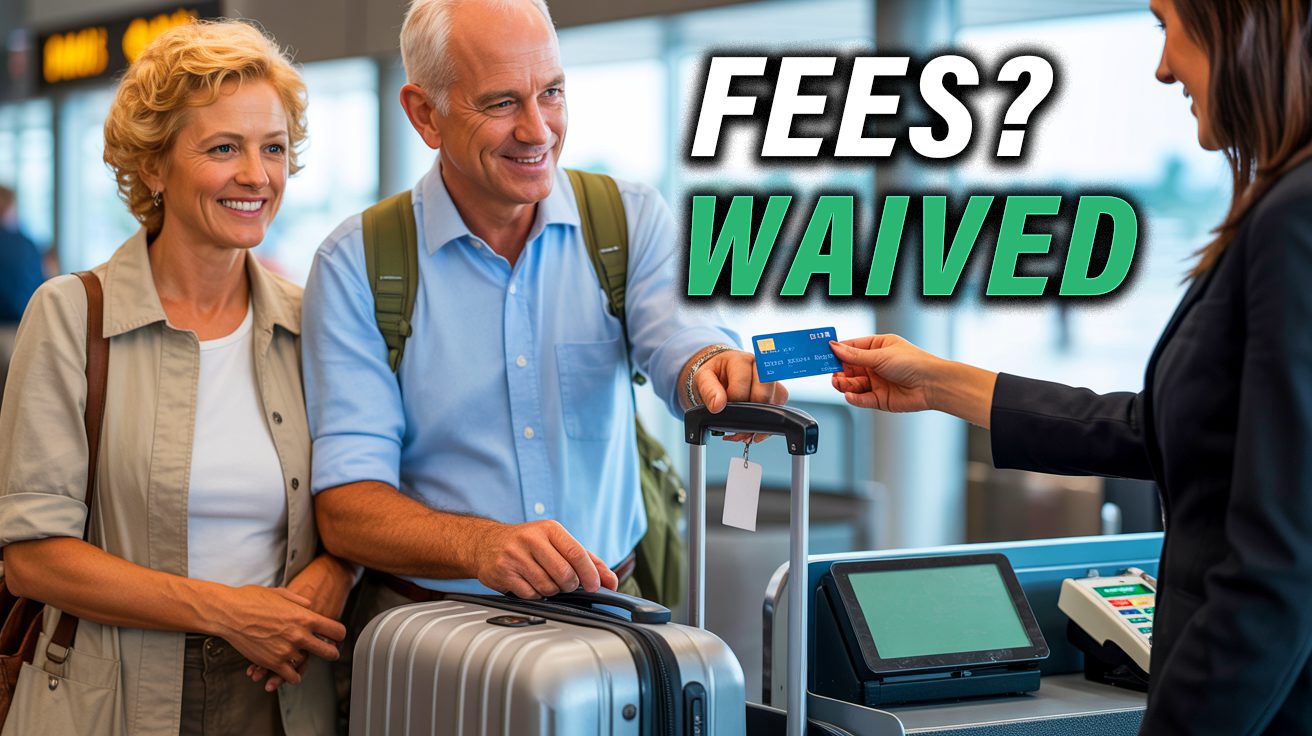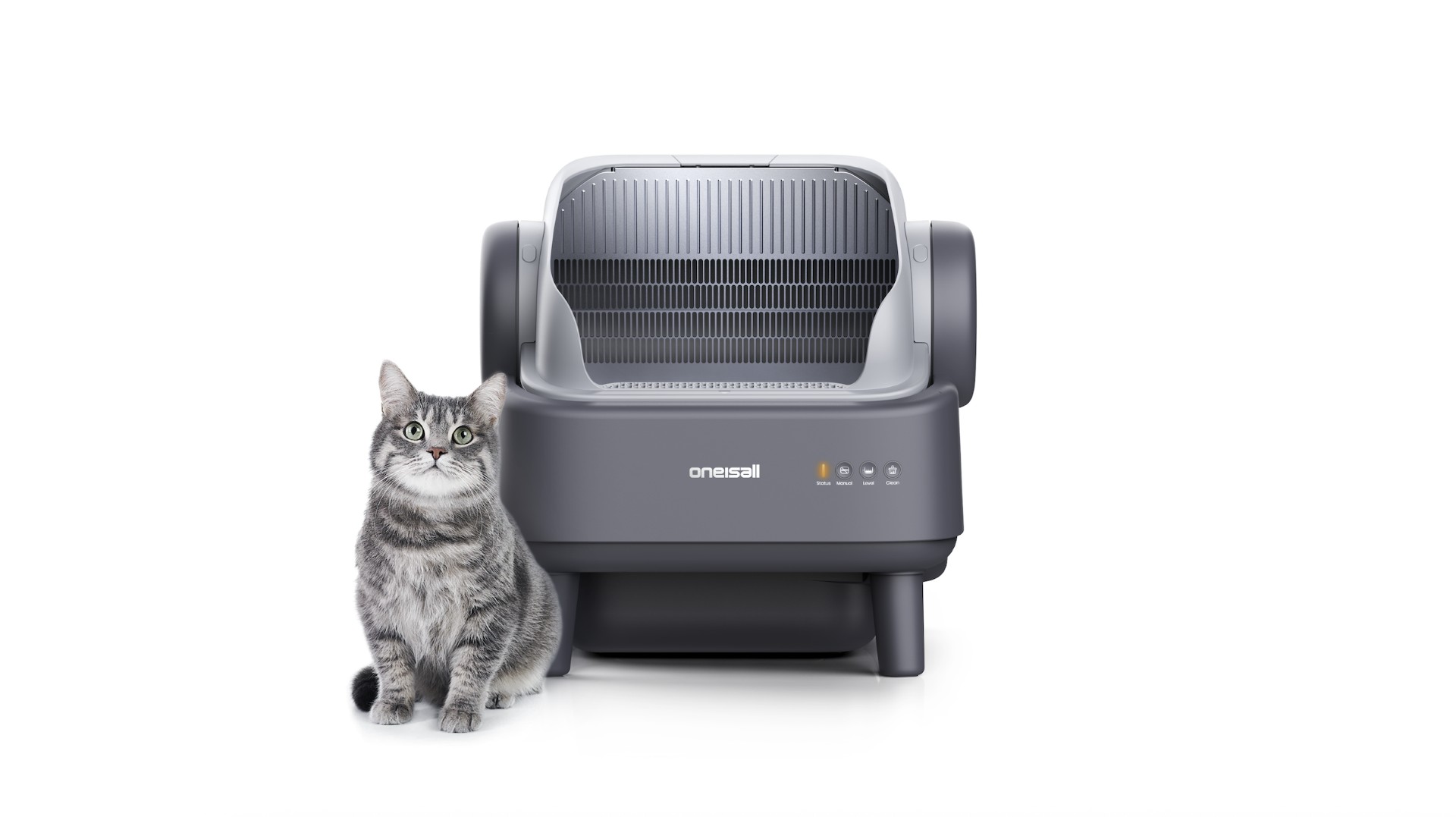Ask any frequent traveler over 60, and they’ll tell you: airports feel designed for people half their age with twice their patience. Yet buried within airline policies and federal regulations lies a treasure trove of accommodations that can transform your travel for seniors experience from exhausting ordeal to manageable journey.
These aren’t marketed perks—they’re quiet policies, legal requirements, and staff-discretionary benefits that most seniors never discover. The catch? You have to know what to ask for, and more importantly, how to ask.
7. Free Lounge Access (When You Know the Magic Words)
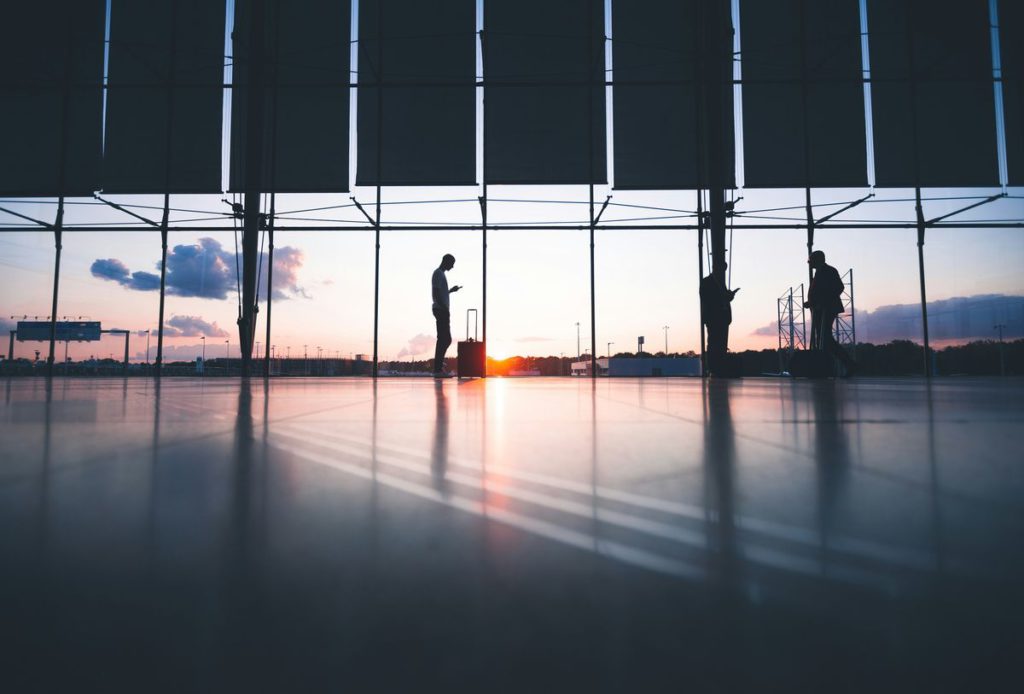
Airport lounges aren’t just for business class passengers with expense accounts.
Senior travelers with medical considerations can sometimes gain lounge access by explaining their needs at check-in. The key phrase? “I’m a senior traveler with medical considerations and I’m wondering about accommodation options during my layover.” Gate agents at major carriers may provide access for quiet rest areas, medication refrigeration, or stress management during long layovers.
When flights get delayed or canceled, airlines often distribute lounge passes or meal vouchers—and many prioritize senior passengers for these comfort measures. Veterans traveling with their spouses might also qualify for special lounge access, including Delta Sky Clubs or USO lounges, by mentioning their status at check-in.
6. Baggage Fee Waivers That Actually Work
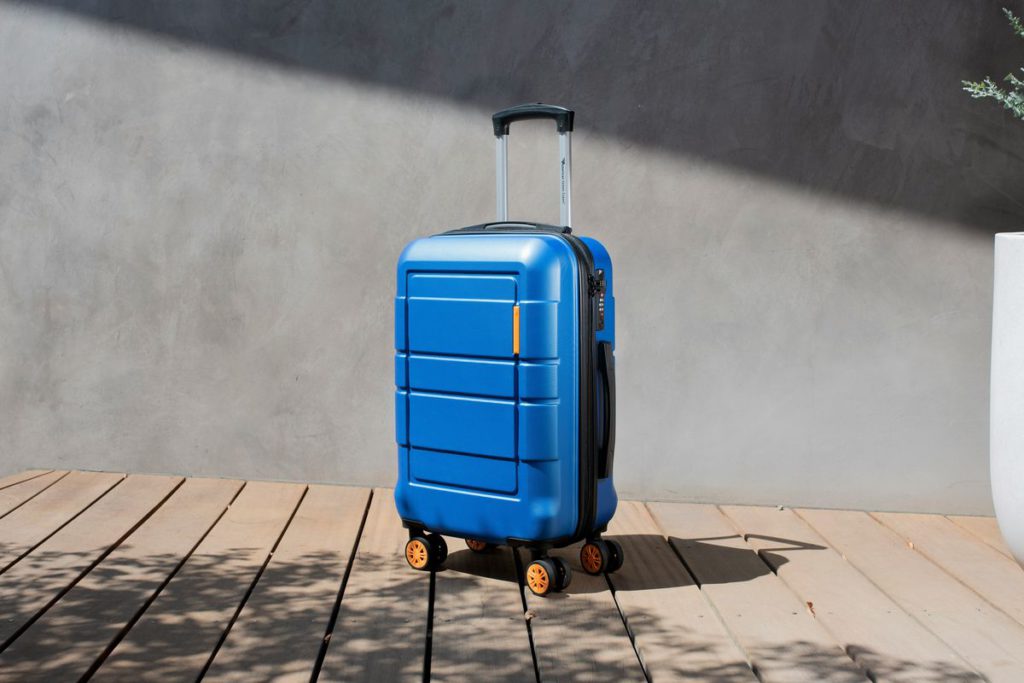
Your checked bag doesn’t have to cost more than your flight.
Veterans get documented baggage fee waivers at major US airlines like American, Delta, and United, sometimes extending to traveling companions when veteran status appears on the booking profile. CPAP machines, refrigerated medication bags, mobility aids—all exempt from fees.
Mention medical equipment at check-in to ensure proper fee waivers are applied. While counter representatives occasionally waive fees for health-related luggage based on individual circumstances, this isn’t a guaranteed benefit you can count on. The documented waivers for medical equipment and veterans? Those are rock-solid.
5. Seat Upgrades Through Strategic Requests
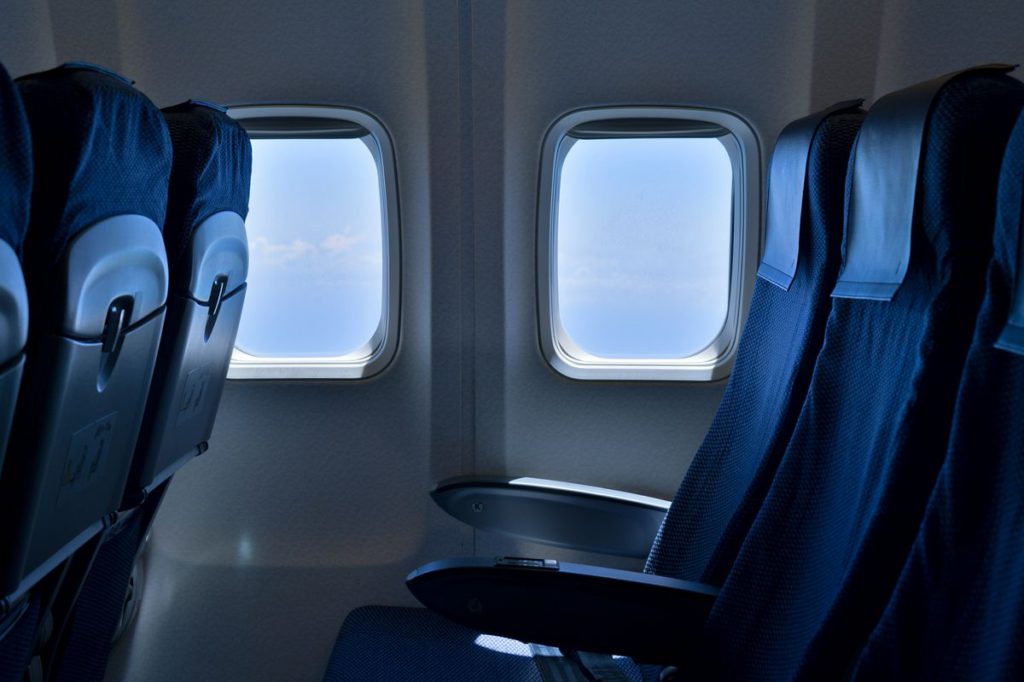
Comfort isn’t always about paying extra—sometimes it’s about asking nicely.
Seniors requesting specific accommodations for back support, extra legroom, or aisle access during off-peak times may find themselves moved to more comfortable seats. Airlines prefer preventing in-flight issues over managing them, so reasonable requests often get approved when premium seats sit empty.
Frame requests around genuine comfort needs rather than simple preferences. This relies heavily on available inventory and the judgment call of whoever’s working your flight, not airline policy—but it works more often than you’d think.
4. Priority Boarding Without the Premium Price
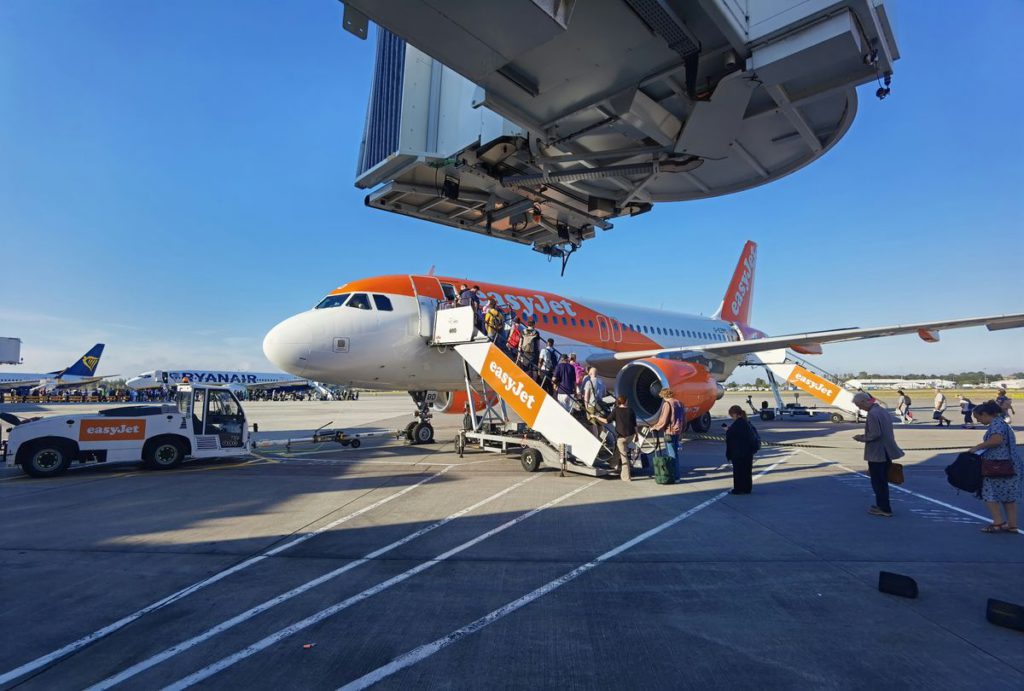
Everyone else can wait in line while you settle in stress-free.
Most airlines allow seniors to request pre-boarding assistance for mobility needs—no visible disability or paperwork required. Ask for “pre-boarding assistance due to mobility needs” and you’ll typically board ahead of first-class passengers. Seniors requesting wheelchair assistance automatically board early with full escort services from check-in to gate.
Early boarding means first dibs on overhead storage, in-flight amenities like pillows and blankets, and time to settle without crowds pressing behind you. No medical documentation, no explanations beyond the initial request.
3. Hidden Senior Discounts (Call, Don’t Click)

The best fares aren’t always online.
Senior discounts still exist at major airlines, but they’re phone-only deals that algorithms won’t show you. American Airlines offers discounts up to 10% for travelers 65 and older—available exclusively through their senior desk.
United provides reduced fares on select routes for seniors, also bookable only by phone. Southwest discontinued explicit senior fares in 2020, but their flexible “Wanna Get Away” fares often deliver equivalent savings with better change policies. Check online prices first, then call and ask directly: “Do you have senior fares available for this route?” The savings justify the extra three minutes on hold.
2. TSA Perks for the 75-Plus Crowd
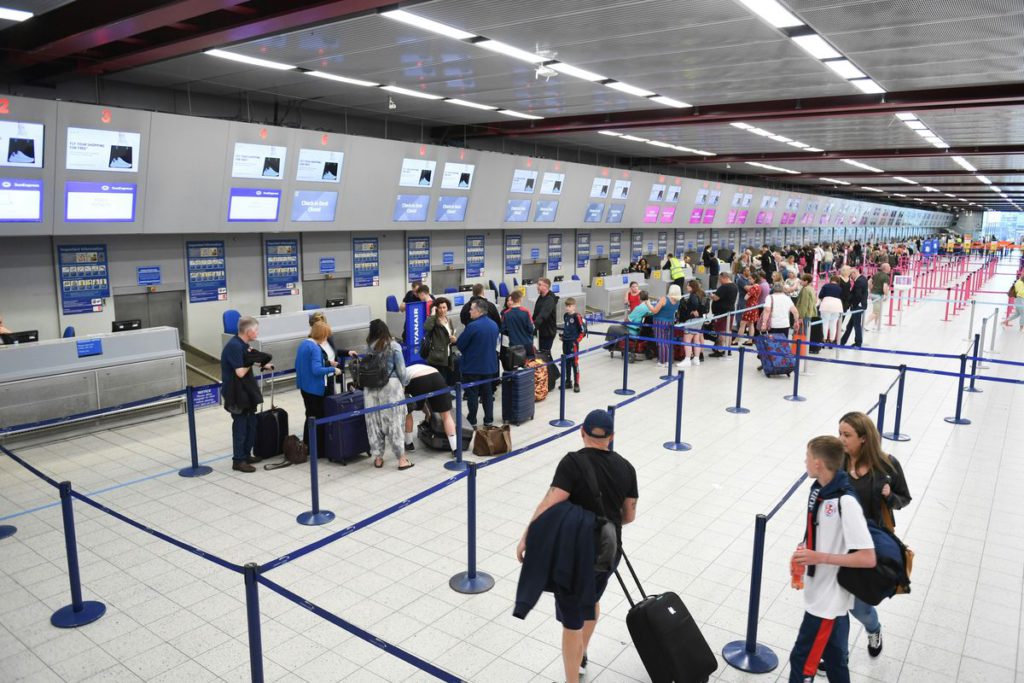
Airport security doesn’t have to feel like an interrogation.
Federal policy automatically provides modified screening for travelers 75 and older, allowing shoes, belts, and jackets to stay on during security checks. If the system doesn’t flag your age automatically, you can self-identify to TSA agents and request the expedited screening.
Some airports experiment with dedicated senior security lines during peak times, though these aren’t systematically available nationwide. The 75-plus accommodation, however, applies at every US airport—making security notably less stressful.
1. Free Mobility Assistance (No Questions Asked)
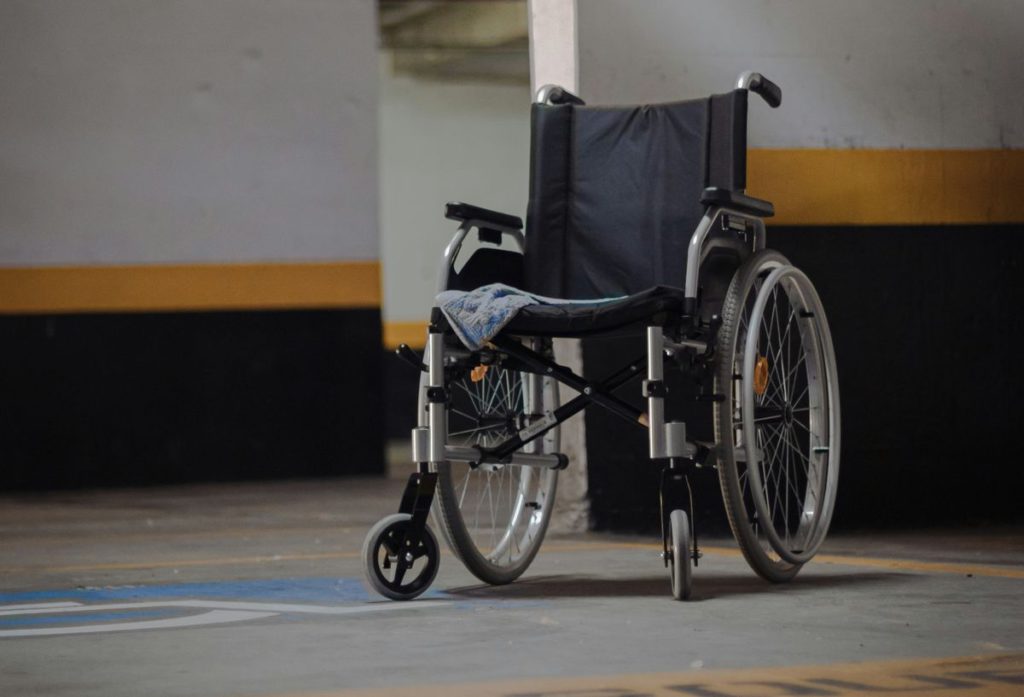
Professional escort service from curb to gate, completely free.
Seniors aged 60 and older are legally entitled to free wheelchair or ambulatory assistance throughout their airport journey, regardless of visible disability. The Air Carrier Access Act guarantees escort through security, help with carry-ons, expedited processing, and priority boarding. Request “wheelchair assistance” or “ambulatory assistance” when booking or at check-in. Larger airports offer motorized carts for efficient gate-to-gate transport, though availability drops during peak travel times. This isn’t charity—it’s a federal requirement that costs nothing but asking once.


